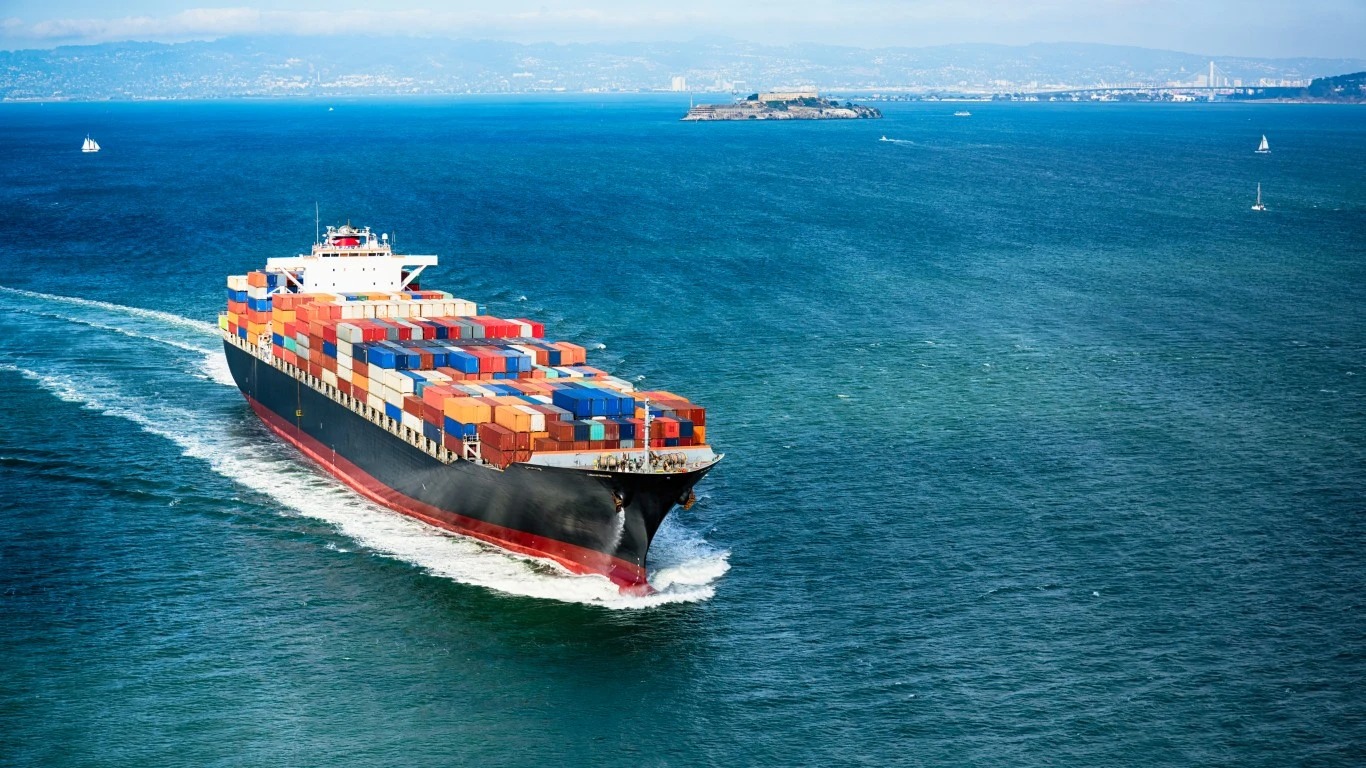
(A native of England, veteran journalist Matthew Diebel has worked at NBC News, Time, USA Today and News Corp., among other organizations.)
A childhood memory, a current-day dream
When I was a boy, my father and I used to enjoy going up onto a fortress-topped hill near our vacation house on the Channel Island of Alderney and watching the ships go by. And there were many, because we were overlooking the southern shipping lane of the English Channel, the waters between France and England that form the busiest waterway in the world.
There were a few ocean liners, such as the Queen Mary, the Queen Elizabeth and the Queen Elizabeth 2, which sailed by on their way to and from the U.S. But mostly it was large cargo boats and oil tankers making their way to ports such as London and Rotterdam.
And, boy, did they belch smoke. In fact, when the wind was headed our way, we could smell the acrid fumes from the heavy oil used to power their engines, emissions that make up about 3% of the world’s total.
Long an ignored and/or overlooked contributor to carbon pollution, the shipping sector is now getting more focus, though the efforts are still somewhat hampered by complex multi-national maritime laws that must go through many hurdles to be changed. However, one initiative has emerged which shows promise in making changes…
Subscribe to Callaway Climate Insights to keep reading this post and get 7 days of free access to the full post archives.





